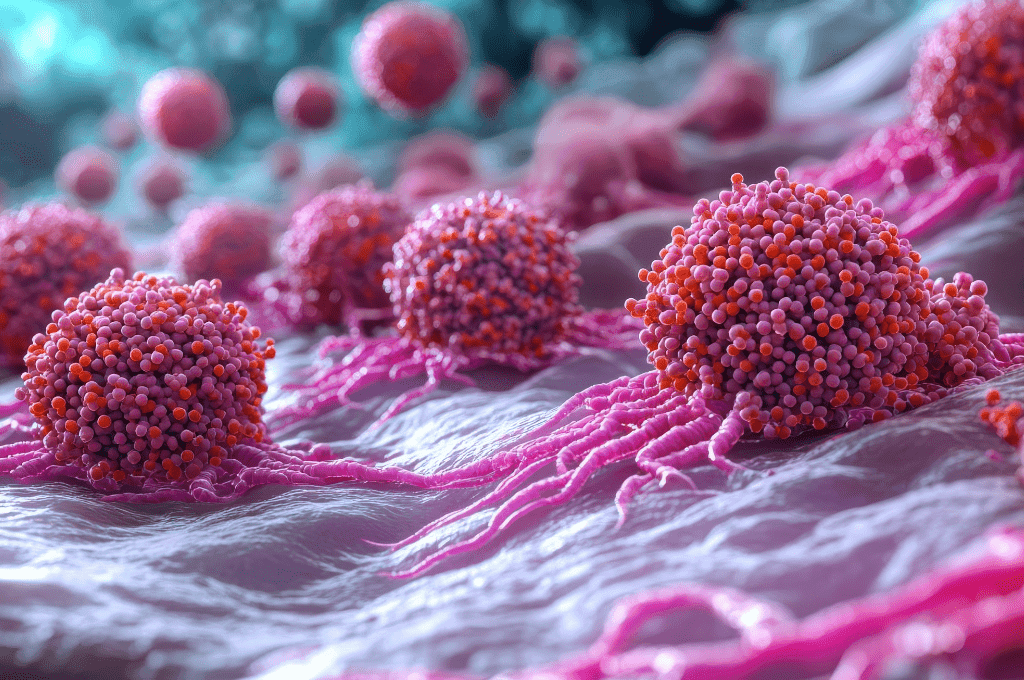
Aspirin halves recurrence in colorectal cancers
(Note: This text is adopted from SciLifeLab Communications, read the story at SciLifeLab News)
A large clinical trial led by researchers at Karolinska Institutet, Karolinska University Hospital and SciLifeLab shows that low-dose aspirin can reduce the risk of stage I–III colorectal cancer relapse by about 50%. The results are published in The New England Journal of Medicine (NEJM)
Each year, about two million people are diagnosed with colorectal cancer. Roughly a third will relapse and develop metastases, which are difficult to cure. Earlier studies have suggested that low-dose aspirin reduces the risk of colorectal cancer relapsing after surgery. But the results have been inconsistent, with the clearest benefit seen in patients whose tumors carry mutations in the PI3K pathway, one of the most common cancer-related genetic changes.
The ALASCCA trial To test whether aspirin lowers the risk of PI3K-mutated stage I–III colorectal cancer relapsing, researchers from KI, Karolinska University Hospital and SciLifeLab launched the ALASCCA trial (Adjuvant Low-Dose Aspirin in Colorectal Cancer). Nearly 3,800 patients were enrolled across 33 hospitals in the Nordic countries. Tumor samples were sent to KI biobank for processing before brought to SciLifeLab for broad panel sequencing, which identified the 37% of patients with PI3K pathway mutations.
“The ALASCCA project has been a gigantic logistical challenge and without the excellent service of KI biobank and Clinical Genomics it would not have been possible to perform the trial,” says Johan Lindberg, researcher at SciLifeLab and senior author on the publication.
The system for analysis and reporting was established by Markus Mayrhofer (NBIS) together with other staff in Johan’s team. “The setup for analyzing the processed sequencing data and reporting to suit the ALASCCA trial that Markus established has worked amazingly well,” Johan continues.
Marked benefit in PI3K-mutated cancers 626 patients with PI3K pathway mutations were randomized to receive either aspirin or placebo. In the aspirin group, the cancer came back in about half as many patients as in the placebo group.
“We started planning ALASCCA in 2014, In October, 2024, once all randomized patients had more than three years of follow-up, we performed the outcome analysis. It was an incredible moment when we realized that all the hard work had paid off and that we will significantly improve the outcomes of colorectal cancer patients,” says principal investigator Anna Martling, professor of surgery at KI and first author.
From bench to bedside Johan’s team is now working with Clinical Genomics and the Genomic Medicine Center Karolinska to turn the ALASCCA analysis into a routine diagnostic test at Karolinska University Hospital.
“The ALASCCA trial is probably one of the best examples of research, driven entirely by an academic research team, going from bench to bedside. Just with a short delay, the result of the trial will benefit patients outside of the trial,” says Valtteri Wirta, Platform Scientific Director at Clinical Genomics.
Check the NEJM Quick Take clip, explaining the clinical trial in just 2 mins










